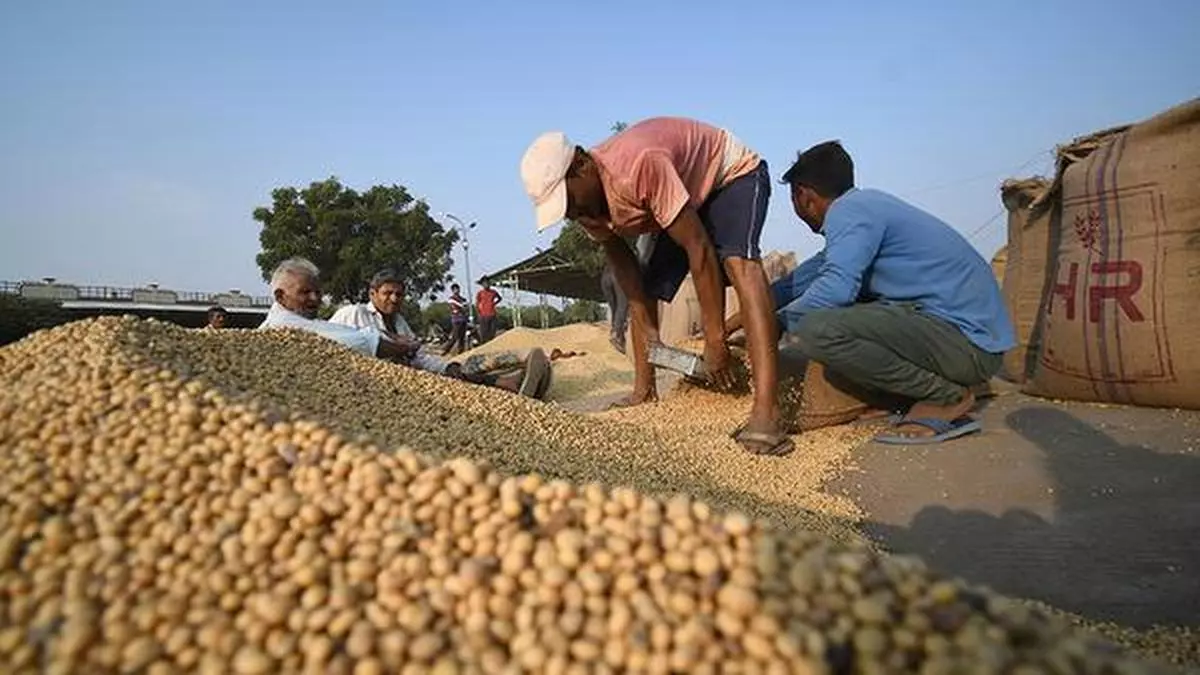Hectar Global expands operations to Bangladesh market
The B2B cross-border agri trade startup Hectar Global has announced its expansion into the Bangladesh market to strengthen its downstream trade capabilities.
A media statement said this move is in line with Hectar’s global expansion strategy, which is to set up direct operations in key origination or destination markets to enable seamless trade of agri-commodities. In line with the expansion, the company has set up a HQ office in Dhaka and a pulses processing factory in Faridpur.
In the first phase of expansion, Hectar Global will focus on catering to the market demand in two categories — spices and pulses, including products such as dry red chilies, turmeric, red lentils, chickpeas, and yellow peas.
To cater to the growing import demand for pulses, Hectar Global has set up a pulses processing facility in Faridpur, about 100 km from Dhaka.
Cross-border buys with local convenience
Quoting Srinath Srinivasan, Chief Executive Officer of Hectar Global, the statement said: “We are excited about the capabilities we’re building in the Bangladesh market. As a nation, Bangladesh relies heavily on food imports, purchasing over $15 billion in agricultural commodities every year. In this vibrant import market, we are eager to introduce our services and platform, which will enable local food businesses and manufacturers to source their raw materials directly from global vendors. With our platform, coupled with our direct presence in Bangladesh, we offer our customers a unique advantage: the cost benefits of cross-border purchasing with the convenience of local transactions.”
Hectar Global’s pulse processing factory in Bangladesh allows it to contribute more than just importing pulses into the market, enabling it to value add and move a step further in the downstream supply chain, he said.
“We have also introduced our brand of red lentils into the Bangladesh market, and we have more commodities in the pipeline to strengthen our presence. Over this year, we will expand our product portfolio in this market to include non-basmati rice, maize, oilseeds, and sugar,” he added.
